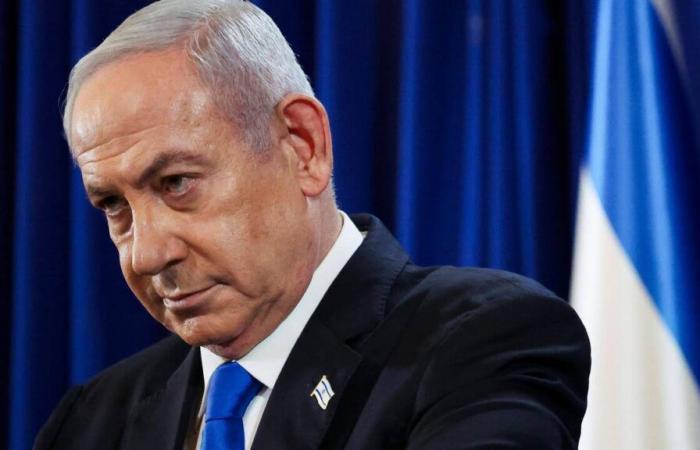
The question of immunity is not resolved
So could Benjamin Netanyahu or Vladimir Putin assert their immunity as leaders (unlike the former Israeli defense minister Yoav Gallant and Mohammed Deif, the head of the armed wing of Hamas, also targeted by a mandate of arrest for war crimes and crimes against humanity)? “Complex question,” replies Philippe Currat. According to customary international law, heads of state, government and ministers of foreign affairs benefit from immunity. The Rome Statute, however, could be an exception. “The question is not definitively resolved,” believes the lawyer. There is an evolution of the law in this area which tends towards the abandonment of all immunity in the event of crimes of genocide, against humanity or war.
To be clear, it would be necessary for the ICC to be seized of such a case in order to rule on it. Benjamin Netanyahu, like Vladimir Putin, in the event of an arrest in an ICC member country, could oppose their transfer to The Hague. Philippe Currat considers it likely that the Court would then lean in favor of lifting immunity. In any case, it would not be up to Switzerland to decide. ICC arrest warrants could be declared inadmissible in another scenario: that of the opening of trials for the same reasons in the country of origin of the persons concerned. The principle of complementarity then applies, international justice being activated only as a last resort. “It is not excluded,” believes Philippe Currat. The Israeli justice system in particular is operational and likely has the capacity to handle such a trial, provided a lack of political will stands in the way.” “There should be serious investigations against Mr. Netanyahu and Mr. Gallant,” reacts Alain Werner, director of Civitas Maxima. We are very far from it. So much for the law.
Restraint of Switzerland and its neighbors
Berne’s support for the ICC is in reality also a matter of political choices. On the left, support for international justice is firm. This should not suffer from any exception. “No one is above the law,” socialist Fabian Molina reacted this weekend in the columns of Blick about Benjamin Netanyahu. At the UDC, however, distrust of the ICC is constant. Franz Günter declared last June at Temps that signing the Rome Statute was a mistake. He believes today that Switzerland’s role is to assert its good offices and not to support international justice.
Switzerland’s restraint is not isolated. France, Germany and Austria reacted just as cautiously, unlike Spain, the United Kingdom or the Netherlands who gave their strong support to the ICC. Viktor Orbán, for his part, distinguished himself by immediately inviting Benyamin Netanyahu to visit Budapest, as a gesture of defiance of the Rome Statute of which Hungary is a signatory. Last October, Mongolia, a member of the ICC, received Vladimir Putin, unlike South Africa which, in 2023, had informed the head of the Kremlin that the Russian president would not be welcome.
A la carte justice?
In 2009, when the ICC issued an arrest warrant against Sudanese President Omar al-Bashir, the Federal Department of Foreign Affairs underlined “the great importance” of this decision. Last year, the ambassador to the United Nations in New York, Pascale Baeriswyl, declared that “Switzerland is, with Japan, the focal point of the Security Council for questions relating to the International Criminal Court” by recalling the important role of Bern in its creation. It explained the need for assistance from all States so that the Hague tribunals can exercise their mandate “effectively, independently and impartially”.
While the United States and Israel are leading an unprecedented campaign to discredit the ICC and put pressure on their allies, the attitude of the Europeans – and of a Switzerland which presents itself as a model student of international law – will be scrutinized by the international community. A difference in treatment between Omar al-Bashir, Vladimir Putin and Benyamin Netanyahu would demonstrate “à la carte justice”, deplores Philippe Currat.





